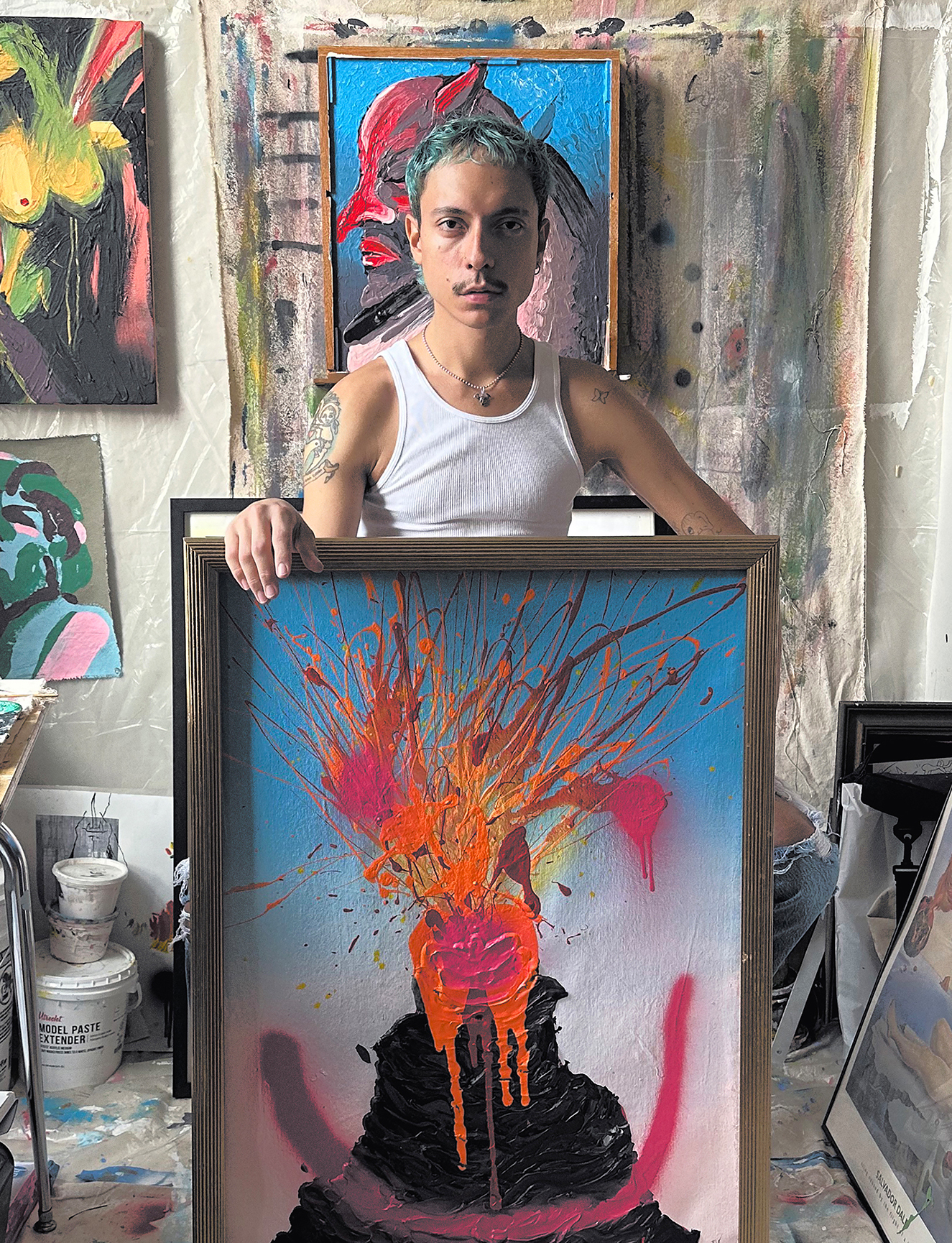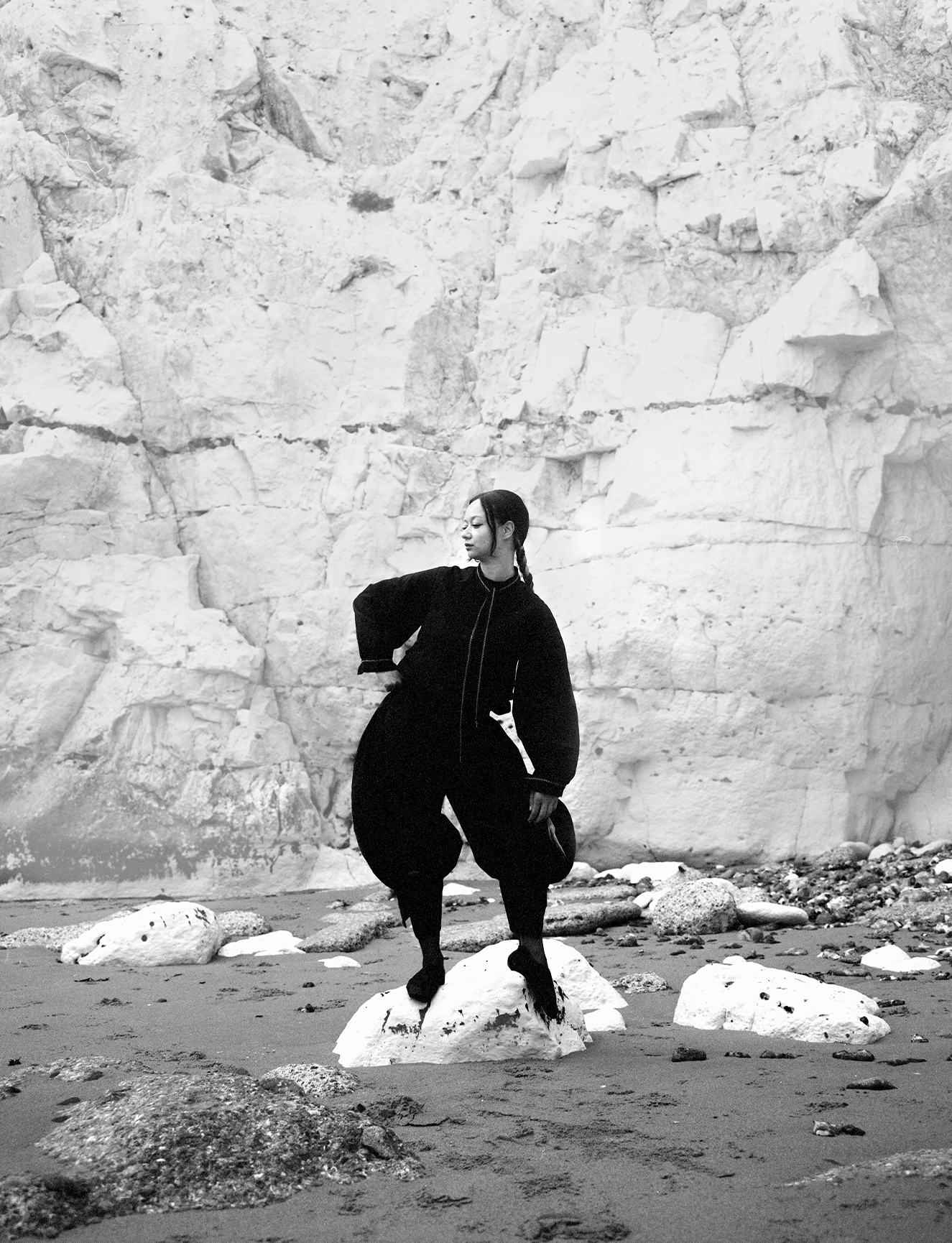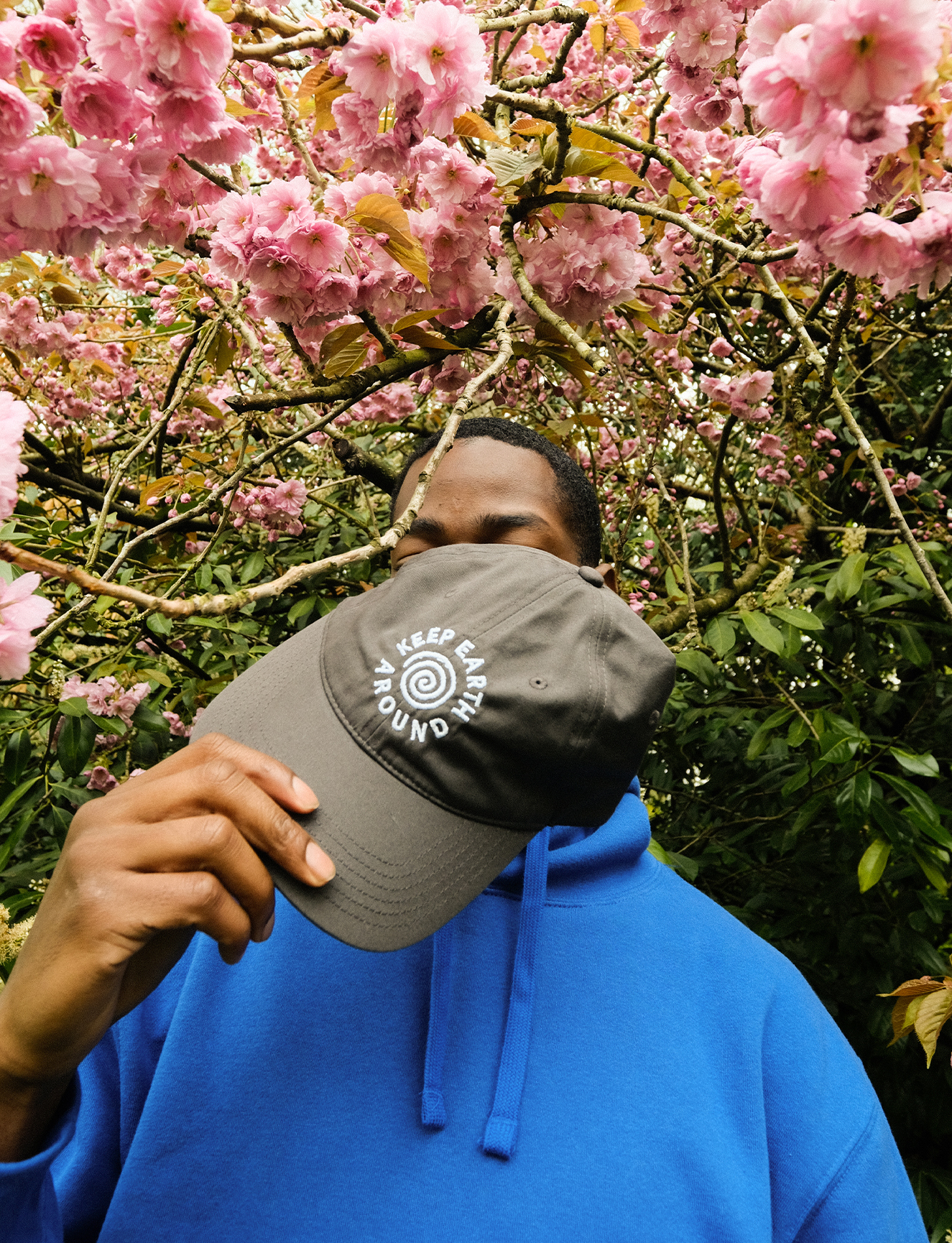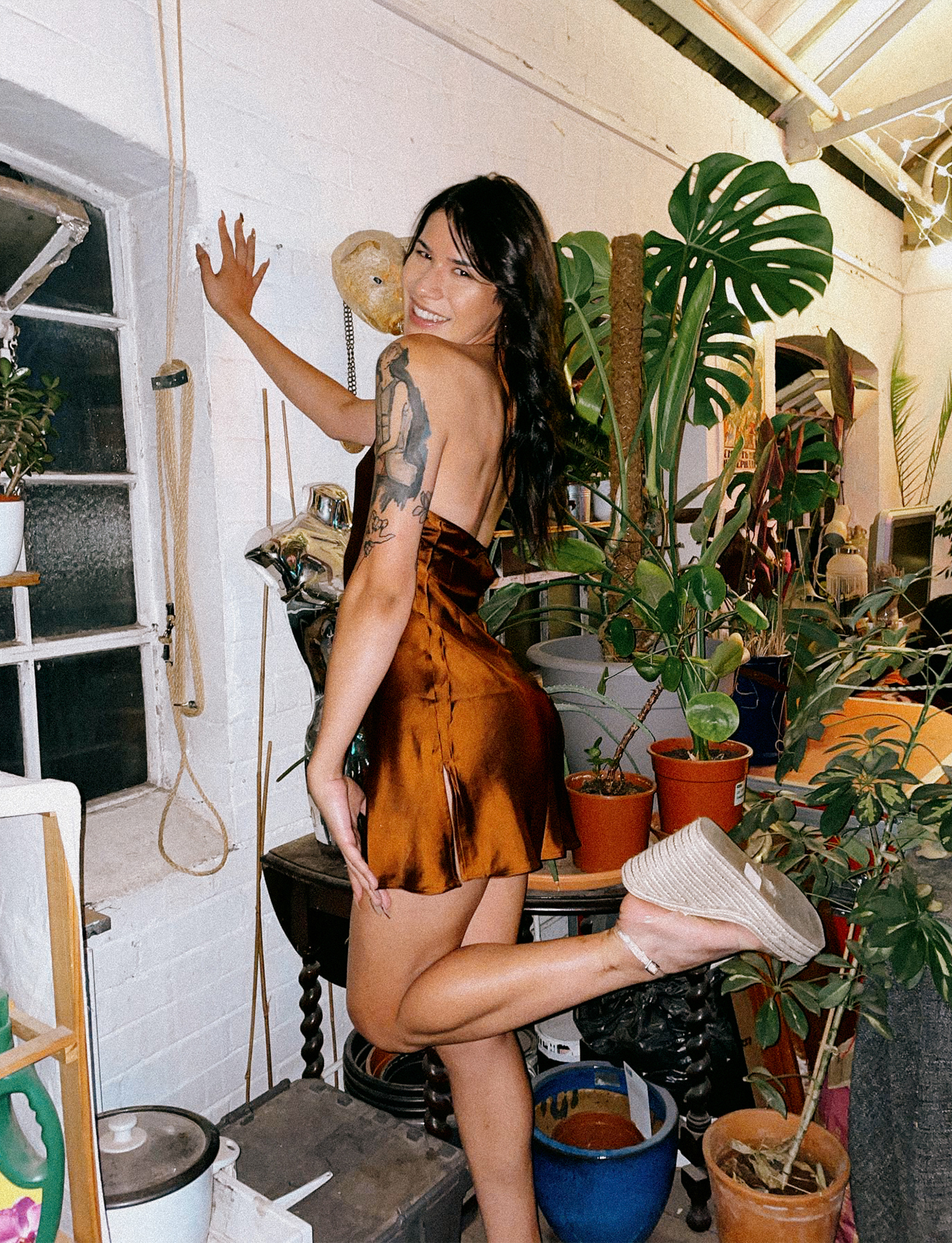As most travellers will testify, places can take on a postcard reality, in which it’s hard to picture real life happening outside of the idyll. Experiences in a travel context can feel especially formative, imbued with poignancy and weighted towards memory in the way that a photograph is. A similar dreamlike haze permeates the summer months, as pacing slows under the season’s lulling heat and heavy humidity. And, arriving as it does in the Northern hemisphere at a point more than halfway through the year, summer is also a welcome time to reflect on the months gone by: to switch gears and escape from the chaos of the everyday.
Summer will look different for many, given that holidays are inextricably linked to work, from people in ‘9 to 5’ jobs to those working in shifts or employed on a freelance basis. For some, the ideal holiday will be spent unwinding in a sleepy seaside town, others, however, may prefer staying put, and using the time to develop a passion project.
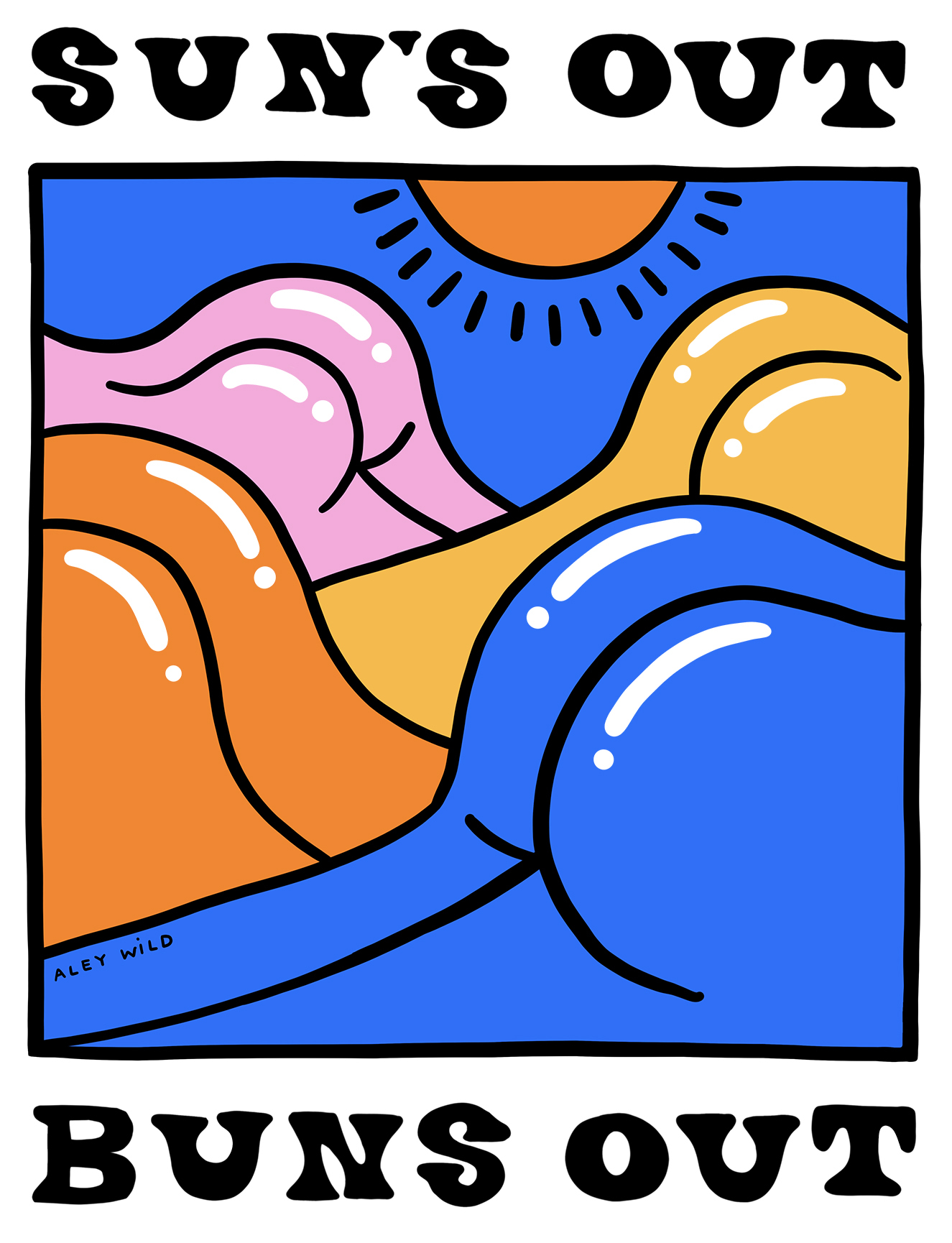
There’s also the fact that, for many, work can still follow you wherever you go (as long as there’s decent wifi). As lines continue to blur between the personal and professional, with the ubiquity of concepts like ‘mobile office’ and ‘workation’, what does a holiday truly mean today? And how essential is it to separate our working lives from leisure time? We spoke to photographer, writer and teacher Chanel Irvine; freelance designer, art director and musician Camilo Medina; and illustrator and graphic designer Aley Wild.
Work can still follow you wherever you go
Sometimes, especially with creative work, it’s important to ‘look up’, and to remind yourself that work is only one part of life. The temporal shift that can come with travelling can be a valuable route to reorientating your relationship to work. Chicago-based artist Camilo Medina describes the heightened pressure and sense of narrowed focus that comes with working for too long. “I unconsciously start to ‘grip’ tighter,” he says. “But when I’m travelling, I tend to be more flexible about allowing the unexpected.”

This renewed perception of time can prompt an entirely new outlook on one’s creative practice, and though travel is a goal in and of itself, as an experience it can help prompt progression in work too. “I can’t recommend new experiences in new places enough,” says Sydney-based illustrator Aley Wild, who took four years off working as a full-time designer to travel the world, volunteering on farms and at festivals. “The confidence I built and connections I made while travelling propelled me into freelancing.”
When it comes to freelancing, many will know the feeling of trying to maintain an influx of commissions while pursuing personal creative projects – especially when making time for the latter is difficult. In perhaps every industry, the thing uniting most freelancers is just how difficult it can be to manage time, and take time off, especially when it can be difficult to anticipate how much work one will have month-to-month. But redirecting focus towards personal endeavours can prove beneficial in the long run, spurring a new set of ideas and inspirations.
A break can mean trying a new medium
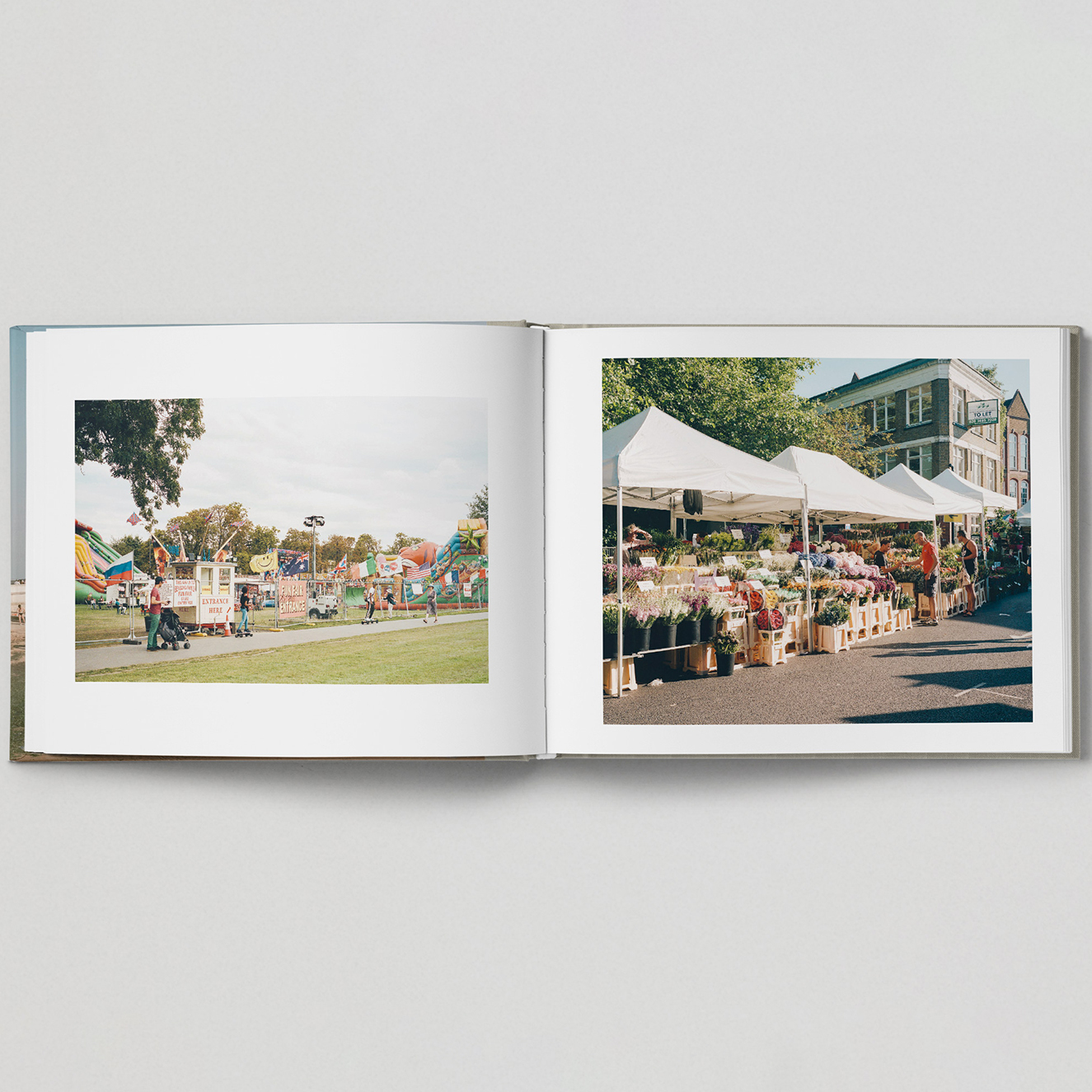
“I did back-to-back commissions for over eight years and got a little burned out,” says Medina. “I find that I’m prioritising personal projects more nowadays. Giving myself the time to experiment and reconnect with what I love about art has been important for my mental health. It also brings a fresh breeze to commissions.” A holiday, therefore, doesn’t have to signify a sudden halt to the creative process. It can simply spark a change in rhythm.
A break, creatively speaking, can also mean trying a new medium, rather than getting hemmed in to just one way of working. As someone who works primarily with digital media, Medina carved out time at the beginning of the year to experiment with more ‘traditional’ materials, such as acrylics, airbrushes and pastels, in an effort to refresh his overall creative approach. “Eventually, I’d love to create a situation where my personal art becomes a bigger aspect of my commissions,” he says.
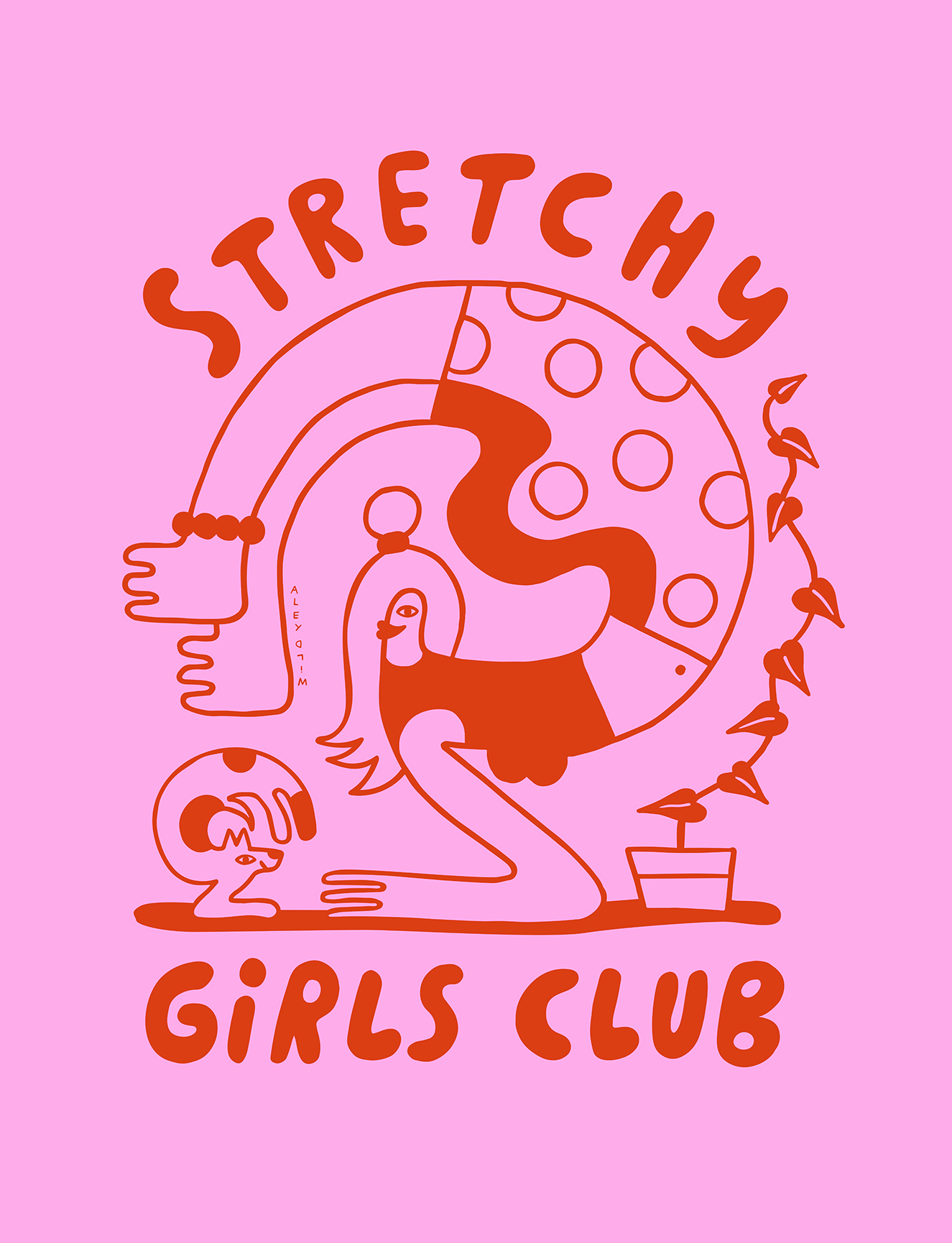
Wild aspires to forge a similar sense of harmony between the personal and professional in a community-focused context. “I dream of an artist residency where I can connect to other people, practices and cultures, to grow deeper in my own process.” In some ways an artist residency can strike the perfect balance between escapism and immersion, offering a break from daily distractions and the grind of everyday life, while fostering new opportunities for creative exchange or simply the space to think. Any creative process needs time, air and the freedom to produce nothing, and it’s true that, as life in many capital creative cities becomes increasingly squeezed, sometimes it’s necessary to step out of it in order to not become disillusioned.
A combined approach to working yielded Chanel Irvine’s debut An English Summer, a book of photography published in 2022. A London-based primary school teacher by day, Irvine devotes ‘time off’ to life as a documentary photographer and writer, capturing the world around her in its most candid form. “I’m lucky to be able to ‘work’ on my travels,” she says. “I continue to study how summer is being celebrated around the world, showcasing how similar pastimes are shared across borders, albeit with different scenery and shades of sand.”
Slowing down might mean switching off
Inevitably, this has influenced Irvine’s view of how holidays should be spent. “As my life has become increasingly busy, my ideal holiday now involves laying waterside somewhere, with a book in hand,” she says. “I remain drawn to people and the way they interact with their natural surroundings, but I do see a holiday as a way to relax, slow down and reset.”
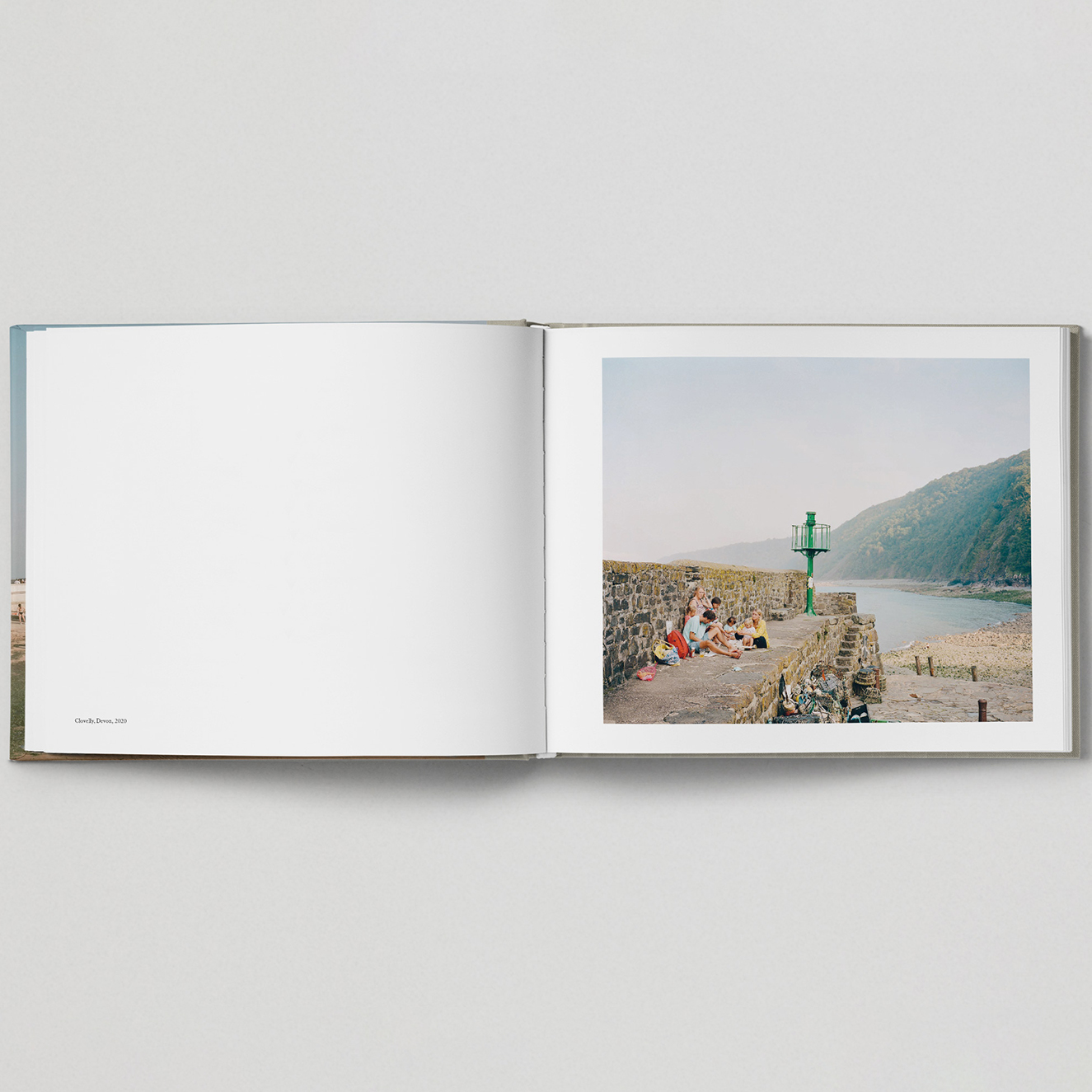
Beyond travel, Irvine has an intriguing idea for how the holiday mindset might be applied to an everyday context: “The dream would be to view our daily lives with the same degree of curiosity and gratitude as we do when we travel.” The act of whisking ourselves away somewhere, near or far, can offer an immediate sense of gratification, but perhaps instead of the binary of holiday/home, there is a way to be present and stimulated in our day-to-day contexts; a holiday of the mind.
In an age of ‘always-on’ work culture and technology, slowing down might mean switching off, no matter where you are in the world, and taking a break from digitally-focused modes of work. It’s worth remembering that, as much as remote jobs or flexible freelance hours have given us the feeling of autonomy, they can also mean that work never truly stops.
Read More: What Does Pride Mean Today?



